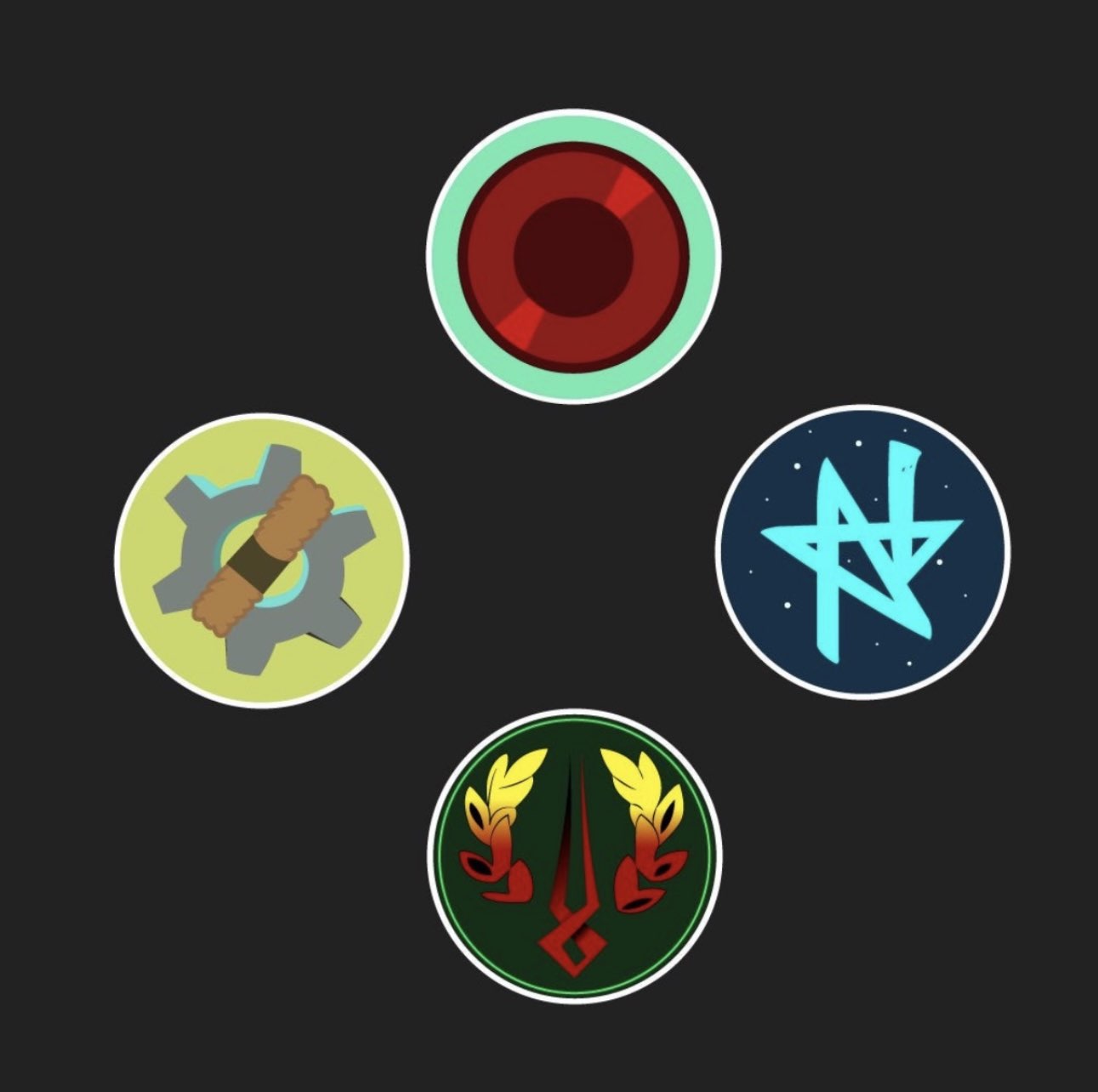I hope Nintendo actually makes this a huge step up from the Switch we’ve had since 2017. The OLED switch was nice, but it’s what the switch should’ve been from day one.
Oh and dear lord PLEASE let them fix the joycon issues. I would love to play my switch more in handheld mode but because both of my joycons have drift, it’s impossible to play in anything but docked mode with a pro controller.
I wish for all controller manufactures to use that magnetic joystick instead
Hall Effect Joysticks!
I think the copyright for that technology is, well…copyrighted. So Nintendo would need to pay a licensing fee to use it in their Joycons (as would any gaming company for their joysticks). That would add significant cost to the controllers.
Same reason we haven’t seen back buttons adopted into controllers as a standard yet despite being the next logical evolution in controller design.
@StarServal, you mean patents (not copyright), since it is about inventions.
And there is at least one hall effect controller patent that already expired. It is from 1988, so hall effect joysticks are not a new thing at all.
I think it would need to be a patent, not a copyright. Also, Hall effect sensors were in use before someone decided to put them into a joystick. I would hope that “use the thing for which it was designed” isn’t patentable but, knowing the USPTO when it comes to technology…
The OLED switch was nice, but it’s what the switch should’ve been from day one.
The processor was long in the tooth and the joycons were unacceptably flawed on day one. The OLED switch changed none of these things and it still frustrates me a lot that people weren’t more critical of it tbh.
Nintendo would have solidified the design and specs of the SoC and committed to a bulk contract for them just before we saw some big leaps in hardware; specifically in GPU and ARM SoCs, memory bandwidth and PCIe bus performance, and chip die resolution.
Think about where mobile processors were in 2014; it’s been almost 9 years. Think about where Apple silicon is now (also an ARM SoC platform). We’re truly “living in the future”.
Since the products were already in consumer hands as these innovations where happening, it was too late to change anything. It’s a rock and a hard place; especially for Nintendo who caters to so many casual enjoyers - if you upgrade the hardware, you’re gonna need to do another launch. The alternative would be that people with older switches wouldn’t be able to run newer games. You also don’t want to anger your customers by saying “remember that $400 you spent 3 years ago? Yeah you’re gonna need to go ahead and give us another $400”. Additionally, if they had done that, we’d probably be complaining about THAT machine being underpowered now. The Switch was selling like hotcakes regardless, they weren’t going to disrupt that revenue. Money talks and the world told Nintendo what they wanted, whether they meant to or not.
Now that even 1st party titles are struggling on the system, the writing is on the wall, the tech has improved massively, and consumers are warming to the idea of a new console, it makes sense that Nintendo would have been doing the legwork to be at the point when suppliers are leaking info, when investor calls subtly reveal dates when at a minimum we’ll get our first official info, etc. I bet they’ll start shipping dev kits in the fall (if they haven’t already) if all this info is accurate.





